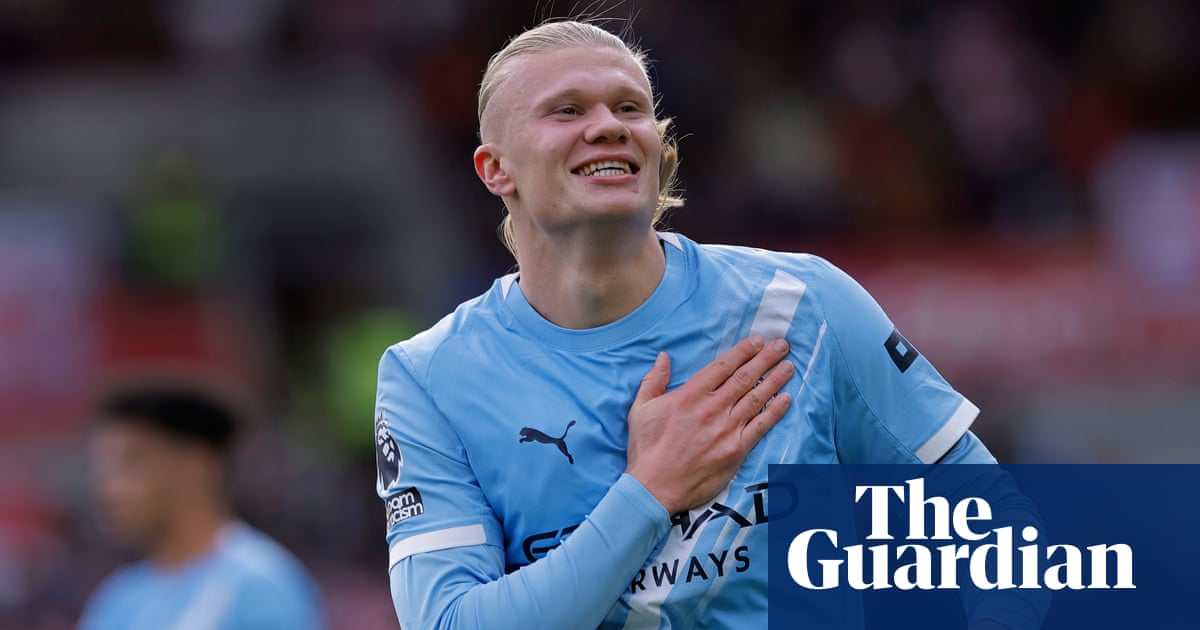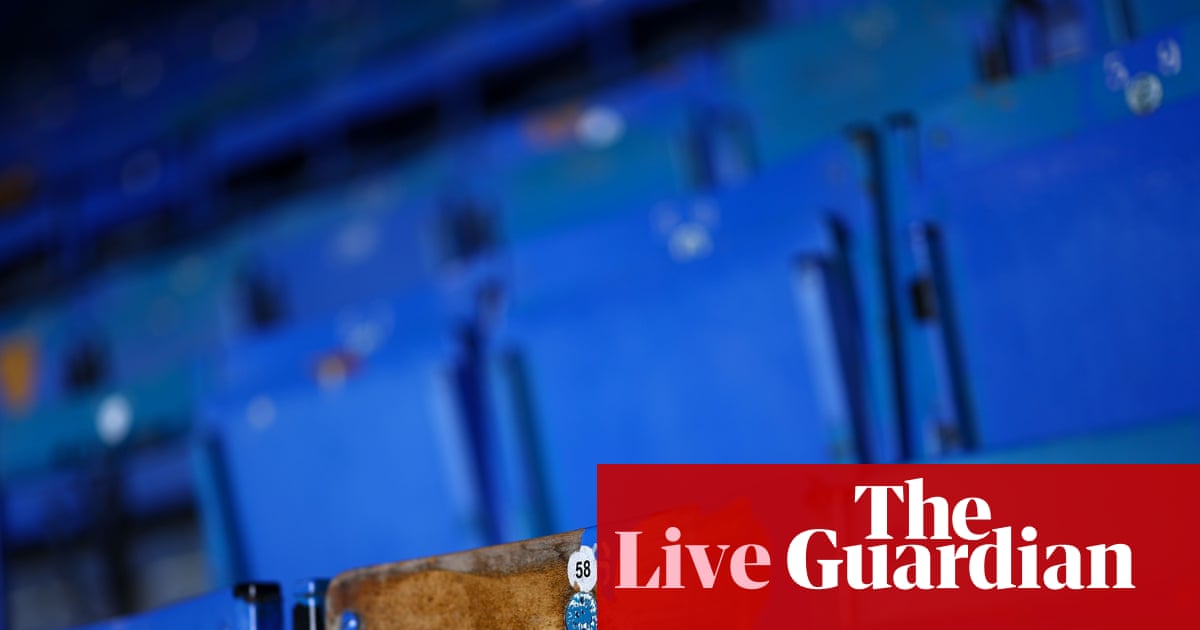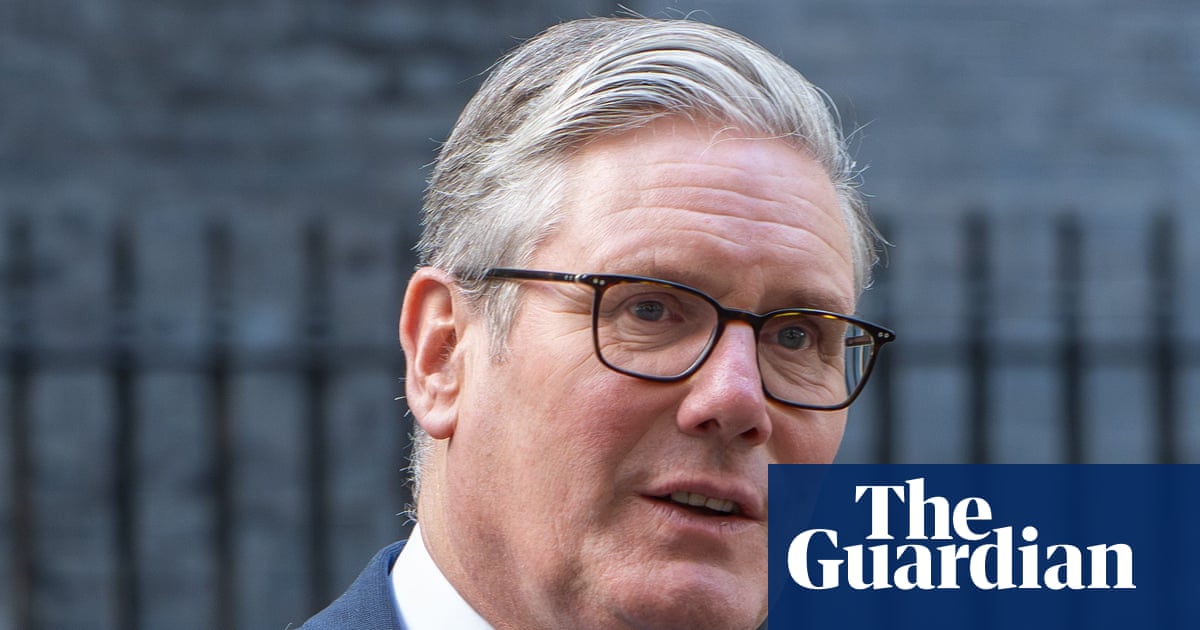What has happened?
The owner of Sheffield Wednesday, Dejphon Chansiri, has placed the club into administration. He has done the same with the company that owns Hillsborough, Wednesday’s stadium. As a result, administrators have taken over the day-to-day running of one of England’s historic clubs, with a view to stabilising financial performance and, ultimately, finding a new owner. Going into administration is a measure of last resort for any struggling business and carries sanctions in English football. Sheffield Wednesday have been docked 12 points by the EFL, leaving them adrift at the bottom of the Championship on -6 points, 13 behind Blackburn Rovers, the next side in the table.
Why has it happened?
Chansiri has placed the club into administration because he has run out of money, but the story of how Wednesday got to this point is long and painful. The Thai businessman, whose family control one of the world’s largest producers of canned tuna, bought Wednesday for a reported £30m in 2015. He went on to raise ticket prices, churn through managers and announce sponsors that were not commercially active. The EFL first issued Chansiri with a disciplinary charge over Wednesday’s accounts in 2019, but in 2020 the club received a 12-point deduction over accounting relating to the sale of Hillsborough to Chansiri’s Sheffield 3 business. Those 12 points were reduced to six on appeal, but relegation to League One followed. The Owls returned to the Championship in 2023 and were immediately placed under transfer embargo on account of money being owed to HMRC, with the same punishment imposed again the following season. This summer, the club were hit with five sanctions, three of which related to unpaid taxes, wages and transfer fees and led to a ban on recruitment for three transfer windows. This month reports began to circulate that HMRC was soon to serve Wednesday with a winding-up petition over an estimated £1m owed by Chansiri, but the owner has pre-empted such a move, requesting administration.
What happens next?
Administrators from the company Begbie Traynor are in place at Wednesday and control the day-to-day running. Its aim is to reorganise the business so that debts can be addressed and the club can be sold. Administrators are legally allowed to take eight weeks to establish a proposal for how to run the business as a going concern. Paul Stanley, one of the joint-administrators, described the steps that would be taken next: “Our immediate priority is to ensure that we are able to operate as normal for the next home fixture against Oxford United on Saturday. In the coming weeks, we will work closely with the staff, the Supporters’ Trust and the wider community to ensure that the club is placed in the hands of a suitably qualified and well-financed new owner.”
Does Chansiri stand to benefit from administration?
If the club are sold, Chansiri will receive money from the transaction as the leading shareholder and lender. But legal requirements mean he will come towards the bottom of the pile. Under the football-creditors rule the first people to be paid off will be players, managers and other staff as well as other clubs who may be owed money. Then come the club’s secured creditors, those who have collateral against their lendings, followed by unsecured creditors such as HMRC and, finally, shareholders. The further down the order of priority the less likely those debts are to be repaid in full and Chansiri’s estimated loans of £100m to the club are understood to be unsecured.
Could a regulator have prevented this?
The culture secretary, Lisa Nandy, has said Wednesday’s administration is “exactly why this government set up the new independent football regulator”. It will have a remit to secure the financial stability of English football and its clubs and is expected to come fully into effect for the 2027-28 season. As part of its powers the regulator will conduct an expanded owners’ and directors’ test which will allow it to establish the source of any potential takeover funding. More significantly, it will also be able to mandate that clubs maintain enough cash in their bank accounts to cover predictable running costs such as wages and taxes. A spokesperson for the IFR said on Friday: “It is unacceptable that fans of football clubs face this level of uncertainty. Our regime will work to prevent instability and protect clubs for the benefit of supporters and their communities.”

.png) 3 hours ago
3
3 hours ago
3

















































